detail profile franz malmsten
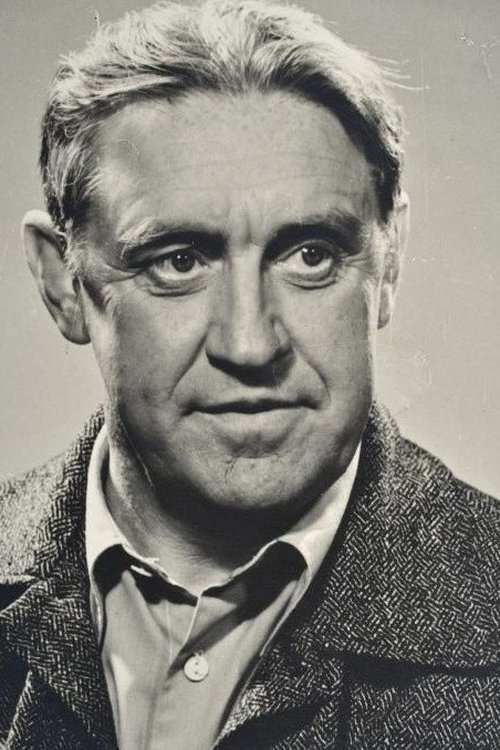
Riwayat Hidup
Franz Malmsten (November 6, 1905 Narva - February 6, 1967 Tallinn) played in the Narva Theater from 1925 to 1937 and was an actor at the Drama Theater from 1937 to 1967.
He has also acted in films and plays (eg "Sinel", 1952).
He was married to Eva Meil from 1940, their son was the actor Rein Malmsten, their grandson is the actor Mait Malmsten.
His brother was Hugo Malmsten and sister Lydia Bock.
Info Pribadi
Peran Yang Di Mainkan Franz Malmsten
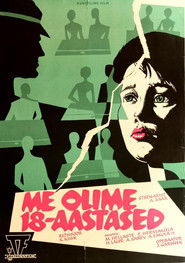 Its 1940 the first summer of the...
Its 1940 the first summer of the...We Were Eighteen 1965
It's 1940 - the first summer of the Soviet occupation on the Estonian island Saaremaa. Teenagers stepping in their lives have important decisions to make. Should they support the Soviet regime or join the resistance?
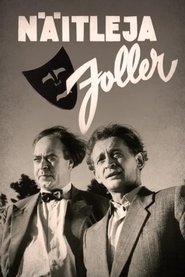 Toomas Joller has been an actor...
Toomas Joller has been an actor...Actor Joller 1960
Toomas Joller has been an actor for twenty years. Joller is popular and has been awarded the honorary title of People's Artist. But Joller's star is gradually fading. He becomes egoistic and self-centered, his performances remain superficial. An actor's internal combustion requires hot water, which Joller uses in abundance together with his friend, the comedy actor Ruts.
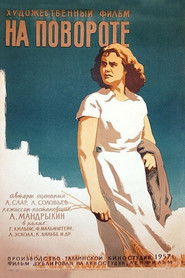 Raivo Kotkas is the new head...
Raivo Kotkas is the new head...Pöördel 1957
Raivo Kotkas is the new head of the collective farm "Victory". His predecessor Mihkel Vutt has practiced command economy, production has gone down and the cattle has partly perished. Bookkeeper Olep is quite a crook who has played an essential role in the degradation of the collective farm - quite a few good workers have left work because of his cheating. Young agronomist Salme makes up her mind to leave the farm as well. The new chief wins the workers' trust and recovers their belief in the fruitfulness of their work.
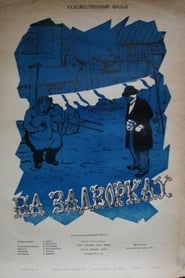 The story of the distressed residents...
The story of the distressed residents...In the Backyard 1957
The story of the distressed residents living in poor slums during the economic crisis of the first Estonian Republic in early 1930s. It is the life in the backyard both literally and symbolically. Based on the story "In the Backyard" by Oskar Luts and the drama play directed by Andres Särev.
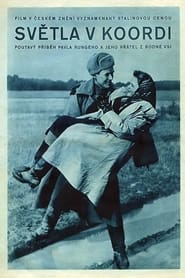 When Paul Runge a soldier of...
When Paul Runge a soldier of...Light Over Koordi 1951
When Paul Runge, a soldier of the Red Army, returns home to Koordi after the war, he sees that, despite the new regime, life in Koordi hasn't changed. It's still a abandoned, uncultured Estonian village, where rich landlords still oppress the population. Runge starts talking about founding a kolkhoze.
